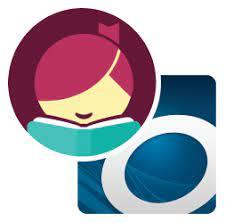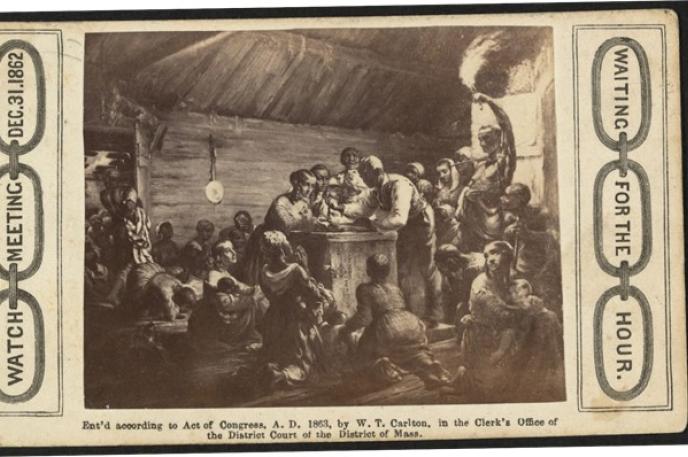
OverDrive/Libby
OverDrive/Libby is a collection of e-books, digital audiobooks, and digital magazines offered by the library. E-books, audiobooks, and magazines can be downloaded to your computer, tablet, (including Kindle), or mobile device for offline reading or listening.
OverDrive/Libby is a collection of e-books, digital audiobooks, and digital magazines offered by the library. E-books, audiobooks, and magazines can be downloaded to your computer, tablet, (including Kindle), or mobile device for offline reading or listening. OverDrive/Libby e-book titles can be read online using OverDrive Read and audiobooks can be listened to online using OverDrive Listen. Mobile and tablet customers, download Libby app for iOS and Android.
Getting Started
All you need to get started is your Charlotte Mecklenburg Library card number or ONE Access account number.
Access the Collection
-
Click the "Access Now" button
- Libby is OverDrive's app, designed to get you reading as quickly and seamlessly as possible. Learn more about Libby and find help here.
- Kindle Fire users will download the Libby app in the Amazon app store.
Borrowing
-
You can have a maximum of 20 items checked to you out at any given time. For example, if three items are returned, you can check out three more to get back to 20. This limit is not effected by the day of the month. Digital magazine checkouts do not count towards your limit.
-
The default lending period for ebooks, audiobooks, and magazines is two weeks. The settings menu will let you customize your lending period to 7 days, 14 days, or 21 days.
If items are check out, place a hold. Customers are allowed 10 holds on their account at any given time. You will be contacted by email when your item is available to check out. You'll see an option to renew a title on your Loans page three days before it expires, as long as there are no holds. If the title has holds, you can request it again.
Return items when you are finished or they will be automatically returned when they are due so you never accumulate late fees!
Tips
-
Not all devices are compatible with OverDrive/Libby. Check the list of compatible devices.
-
Only interested in seeing content for Kids or Teens? Check out our Kids Reading Room and Teens Reading Room.
-
Looking for business, entrepreneurialism or job-related information? Access these resources on the Business Shelf.
-
Using OverDrive/Libby on your Kindle e-Reader? This tutorial will get you started.
Need additional help with the OverDrive/Libby site? Check here for troubleshooting or contact your local Library.
OverDrive/Libby es una colección de libros electrónicos y audiolibros digitales disponible a través de la biblioteca. Los libros electrónicos y los audiolibros se pueden descargar a su computadora, tableta (incluyendo a las tabletas Kindle) o dispositivo móvil. Los títulos de libros electrónicos de OverDrive/Libby se pueden leer en línea usando OverDrive Read y los audiolibros se pueden escuchar en línea usando OverDrive Listen. ¡La transmisión de video también está disponible! Los usuarios de móviles y tabletas pueden descargar la aplicación Libby para iOS y Android.
-
No todos los dispositivos son compatibles con OverDrive/Libby. Consulte la lista de los dispositivos compatibles.
-
¿Le interesa ver solo el contenido para niños o adolescentes? Échele un vistazo a nuestra Sala de lectura infantil y a nuestra Sala de lectura juvenil.
-
¿Busca información empresarial o laboral? Haga clic aquí para acceder al Estante de negocios.
Todo lo que necesita para comenzar es su número de tarjeta de la Biblioteca de Charlotte Mecklenburg o su número de cuenta ONE Access. Puede retirar hasta 20 artículos con un período máximo de préstamo de 21 días. También puede pedir los artículos que actualmente estén prestados. Devuelva los artículos cuando haya terminado o se devolverán automáticamente cuando se venzan. ¡Nunca se acumularán cargos por artículos atrasados! ¿Necesita ayuda con OverDrive/Libby? Consulte aquí para obtener ayuda o comuníquese con su biblioteca local.
¿Tiene un dispositivo móvil? Actualmente hay dos maneras para usar OverDrive.
-
Libby es una nueva aplicación desarrollada por OverDrive, diseñada para que su experiencia de lectura sea más rápida y fácil. Obtenga más información sobre Libby y encuentre ayuda aquí.

